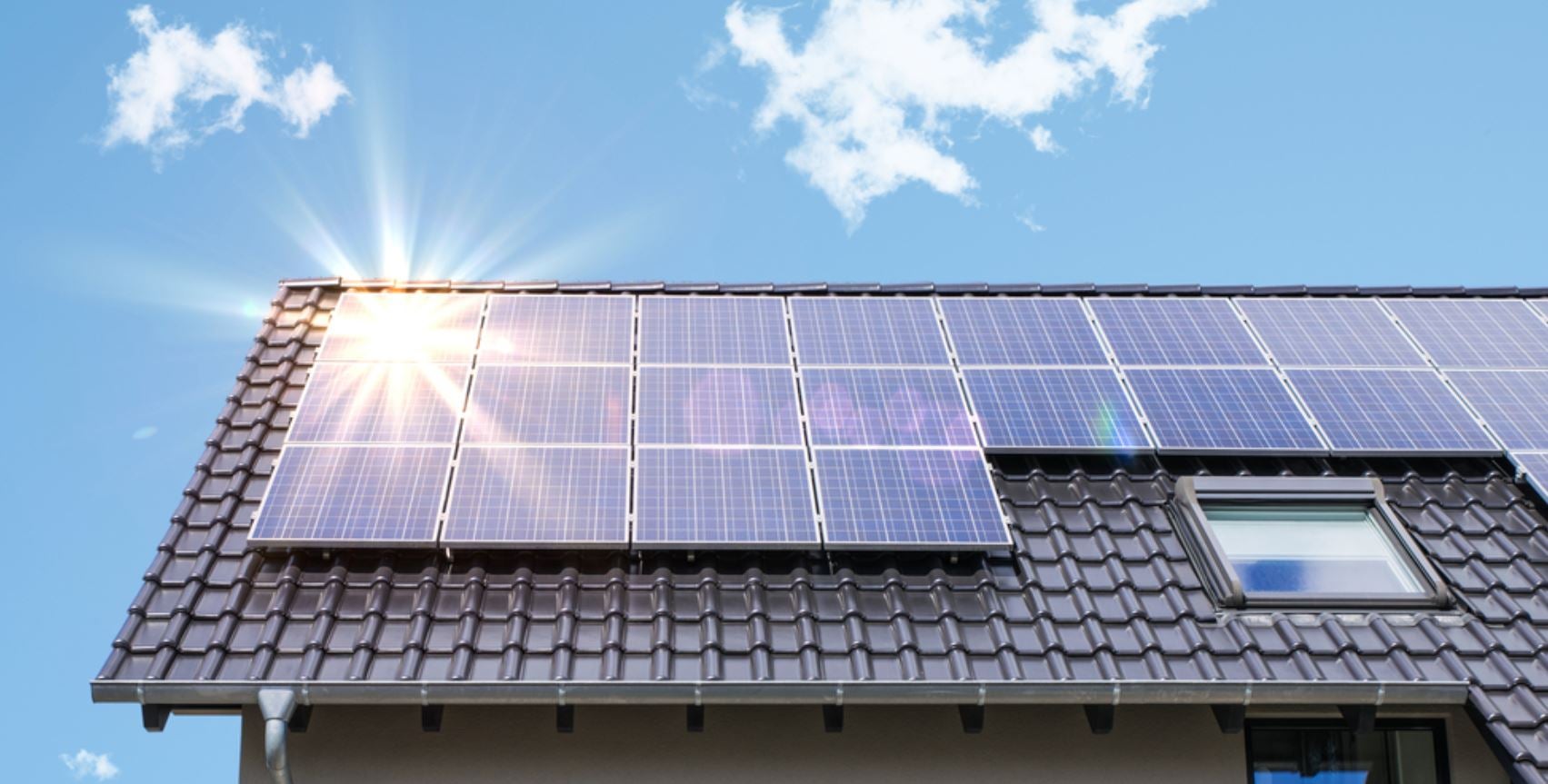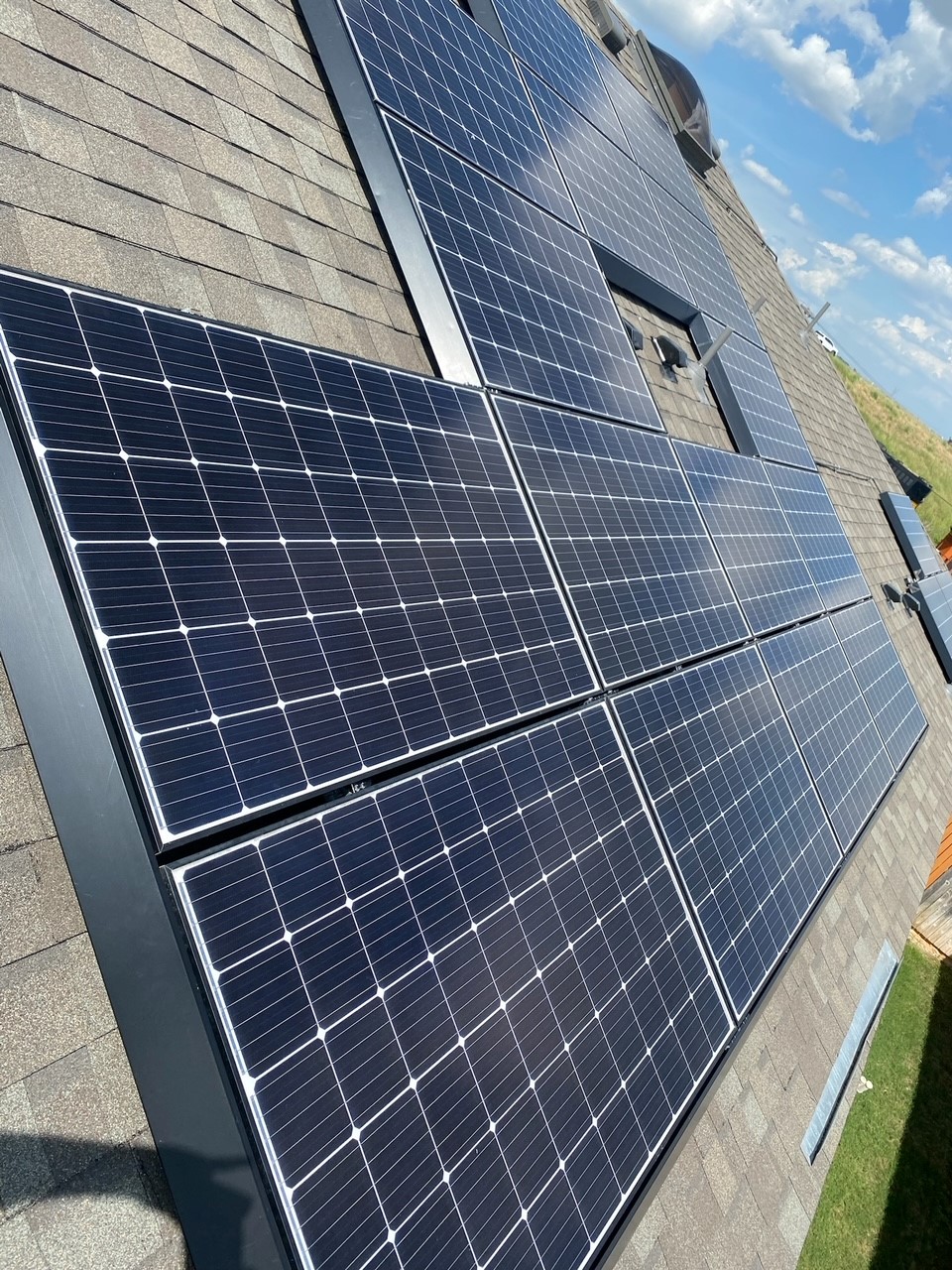The decision to install solar power panels in your home will bring multiple benefits in long terms savings. However, in the short term, there are some financial advantages that will contribute to further savings. And of the potential benefits, homeowners get after installing solar panels are several rebates and tax credits. These incentives are offered at the federal, state, and local levels to promote renewable energy. It will contribute to reducing the carbon footprint and also helps to make our planet earth a greener and cleaner place for future generations to come [1].
What is Tax Credit ?
A tax credit is an incentive scheme offered for a dollar-for-dollar reduction in the income tax amount you owe at the end of the financial year. For example, if you have to pay $1,000 in lieu of federal income taxes; then claiming a $1,000 federal tax credit will give you a waiver to pay this amount as an income tax. A federal tax credit is also called an Investment Tax Credit or ITC [2].
What Is The Federal Solar Tax Credit?
If you are a homeowner and decided to install solar panels in your home, then you will be eligible for getting a federal tax credit. Thus you will get a credit for your income taxes, which saves you money over the tax bills [1]. To claim a tax credit, the solar system installation should be done within the tax year. Homeowners who choose to install solar PV systems in 2020 or 2021 are qualified for a 26% tax credit. However, in August 2022 government passed a regulation to increase the tax credit to 30% for the years between 2022 – 2032 [2].
Federal Solar Tax Credit eligibility checklist for 2022
If you fulfill all of the requirements listed below, you could be qualified for getting federal tax credit [3]:
- The installation of the solar panel system has been done between January 1, 2017, and December 31, 2034.
- Your installed solar panel system is located at the residence within the United States territory.
- You should have ownership rights for the installed solar panel system (i.e. you have purchased it in cash or through a financing option).
- The installed solar PV system should be new or utilized for the first time. The ITC can only be claimed on the original installations.
Benefits of Installing Solar Panels
Besides getting tax benefits, there are multiple other advantages to adopting solar energy for your home, which are given below [4], [5]:
- You will save a significant amount on electricity bills. Your energy bills will either reduce or eliminate after installing a net metering option.
- By installing a solar panel system, your home’s worth will increase.
- Solar power works everywhere. In the U.S. most states have an abundance of solar resources e.g. California, Texas, and Florida are the top three states with extensive sun hours.
- Solar power is good for the environment. Each kilowatt-hour (kWh) of electricity produce by solar panels will significantly reduce greenhouse gases.
Final Thoughts
The federal tax credit for solar energy will empower home owners to take advantage of cost efficient means of generating electricity. While installing solar panel for the first time may seems to be a high investment, but when you compare it with the benefits received in short and long term you will get a significant return on investment. Therefore going solar worth you more than you have to paid for. For getting a federal solar tax credit advantage, we recommend you to contact with a professional tax consultant and take advice on receiving tax reduction claims.
References
- L. Murphy and L. Pelchen, ‘Solar Tax Credit By State In 2022: What You Need To Know’, Forbes Home, Sep. 13, 2022. https://www.forbes.com/home-improvement/solar/solar-tax-credit-by-state/ (accessed Sep. 17, 2022).
- E. US DoE, ‘Homeowner’s Guide to the Federal Tax Credit for Solar Photovoltaics’, Energy.gov. https://www.energy.gov/eere/solar/homeowners-guide-federal-tax-credit-solar-photovoltaics (accessed Sep. 17, 2022).
- J. Marsh, ‘Federal Solar Tax Credit for Homeowners: Complete Guide | EnergySage’, EnergySage Blog, Aug. 16, 2022. https://news.energysage.com/solar-tax-credit-explained/ (accessed Sep. 17, 2022).
- E. S. US DoE, ‘Benefits of Residential Solar Electricity’, Energy.gov, Sep. 17, 2022. https://www.energy.gov/energysaver/benefits-residential-solar-electricity (accessed Sep. 17, 2022).
- T. Holowka, ‘Top four benefits of installing solar panels on your home | U.S. Green Building Council’, USGBC, Apr. 05, 2017. https://www.usgbc.org/articles/top-four-benefits-installing-solar-panels-your-home (accessed Sep. 17, 2022).





